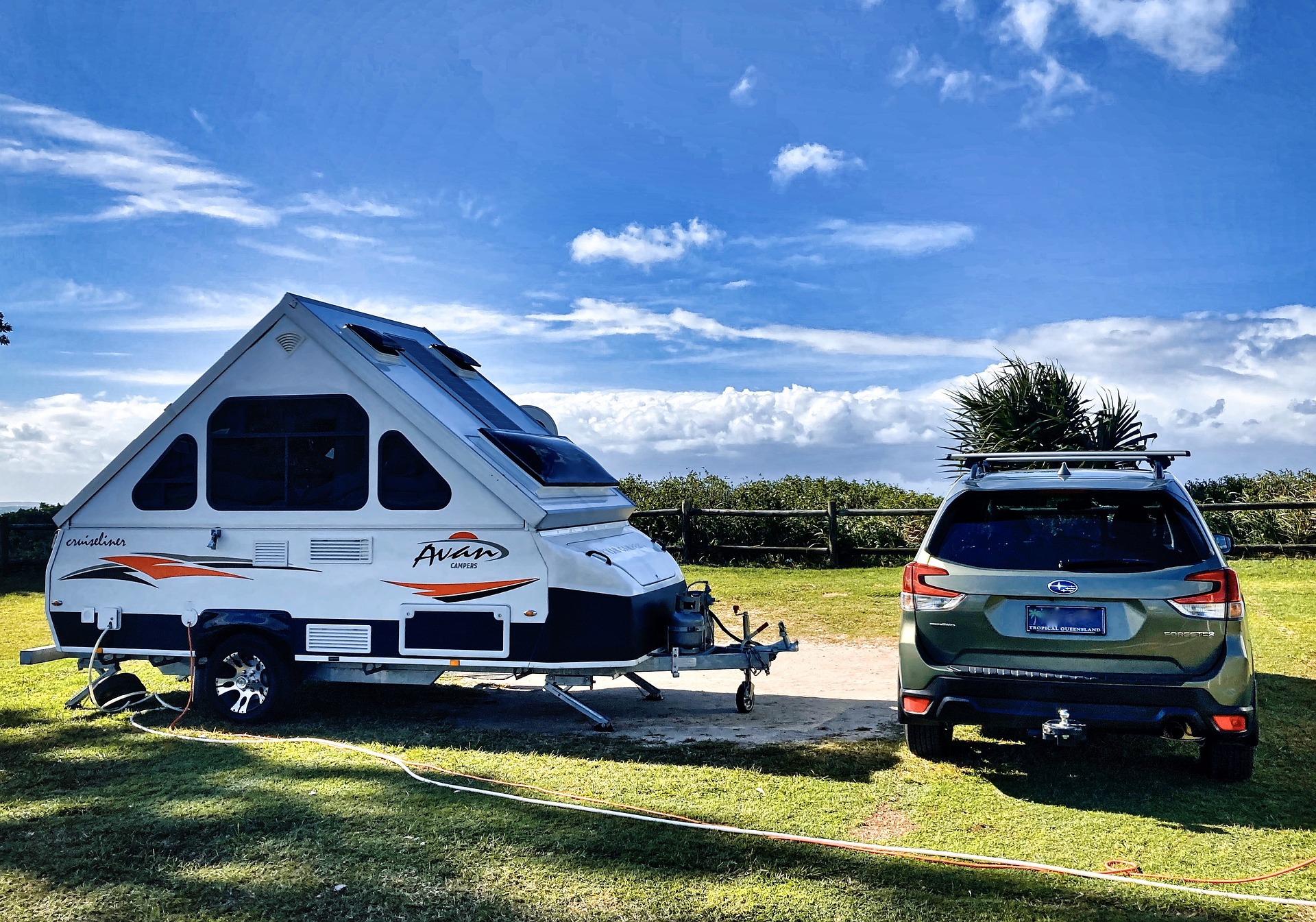Discover the Unique Journey of Becoming a Private Jet Attendant
The world of private aviation offers an exclusive career path that combines luxury service with professional aviation expertise. Private jet attendants serve high-profile clients while traveling to destinations worldwide, making this profession both challenging and rewarding. This specialized role requires unique skills, extensive training, and dedication to exceptional service standards that far exceed commercial aviation requirements.

Private jet attendants work in an elite sector of aviation where personalized service meets luxury travel. Unlike commercial flight attendants, these professionals cater to small groups of passengers who expect the highest levels of discretion, flexibility, and attention to detail. The role encompasses everything from safety responsibilities to concierge-level service, creating a career path that demands both technical aviation knowledge and refined hospitality skills.
The Essential Skills Required For Private Jet Attendants
Successful private jet attendants must master a diverse skill set that goes beyond traditional flight attendant training. Safety remains the primary responsibility, requiring knowledge of emergency procedures, first aid, and aircraft-specific protocols. However, the role extends into areas such as fine dining service, wine knowledge, and cultural awareness to serve international clientele effectively.
Communication skills prove crucial when working with high-net-worth individuals who value discretion and professionalism. Attendants must adapt their service style to different passenger preferences while maintaining confidentiality about client identities and travel patterns. Physical fitness and stamina are essential, as shifts can be long and unpredictable, often involving multiple time zones and irregular schedules.
Navigating The Certification Process For Aviation Professionals
The certification pathway for private jet attendants involves multiple steps and regulatory requirements. Most positions require completion of an FAA-approved flight attendant training program, which covers safety procedures, emergency protocols, and basic aviation regulations. Additional certifications may include CPR and first aid training, food safety handling, and specialized courses in luxury service standards.
Many employers prefer candidates with prior experience in hospitality, commercial aviation, or customer service roles. Some private aviation companies offer their own training programs that focus on specific aircraft types and company service standards. The certification process typically takes several weeks to months, depending on the complexity of the aircraft and service requirements.
Understanding The Role Of A Private Jet Attendant Onboard
During flight operations, private jet attendants serve as the primary point of contact between passengers and the flight crew. Their responsibilities include pre-flight safety briefings, meal service preparation and presentation, and ensuring passenger comfort throughout the journey. Unlike commercial flights, private jet service often involves customized meal preparation, entertainment setup, and accommodation of specific passenger requests.
The attendant must coordinate with pilots regarding weather conditions, flight changes, and passenger needs while maintaining situational awareness of safety protocols. Ground duties may include aircraft cleaning, inventory management, and coordination with catering services and ground handling teams at various airports.
Common Challenges Faced By Aspiring Private Jet Attendants
Entering the private aviation industry presents unique obstacles that differ from commercial aviation careers. The job market is highly competitive, with limited positions available compared to commercial airlines. Many employers seek candidates with existing aviation experience or luxury hospitality backgrounds, creating barriers for entry-level applicants.
Schedule unpredictability poses another significant challenge, as private flights operate on-demand rather than fixed schedules. Attendants must be available for last-minute trips and may spend extended periods away from home. The demanding nature of serving high-expectation clientele requires emotional resilience and the ability to maintain composure under pressure.
| Provider Type | Training Duration | Cost Estimation | Key Features |
|---|---|---|---|
| Corporate Flight Attendant Training | 4-6 weeks | $3,000-$8,000 | Specialized private aviation focus |
| Traditional Flight Attendant School | 6-8 weeks | $2,500-$6,000 | FAA certification included |
| Online Certification Programs | 2-4 weeks | $500-$2,000 | Flexible scheduling options |
| Employer-Sponsored Training | 2-8 weeks | Covered by employer | Aircraft-specific training |
Prices, rates, or cost estimates mentioned in this article are based on the latest available information but may change over time. Independent research is advised before making financial decisions.
Expert Insights: Career Growth Opportunities In Private Aviation
Career advancement in private aviation can take several directions, from senior attendant positions to fleet management roles. Experienced professionals may transition into training positions, helping develop the next generation of private jet attendants. Some choose to specialize in specific aircraft types or develop expertise in international regulations and customs procedures.
Entrepreneurial opportunities exist for experienced attendants who establish their own staffing agencies or consulting services for private aviation companies. The skills developed in private aviation also transfer well to other luxury service industries, including yacht crews, private household management, and high-end hospitality venues.
The private jet attendant career offers a unique blend of travel, luxury service, and aviation expertise. While the path requires dedication and specialized training, it provides access to an exclusive industry with opportunities for professional growth and international experience. Success depends on combining technical aviation knowledge with exceptional service skills and the flexibility to adapt to the demanding nature of private aviation operations.




